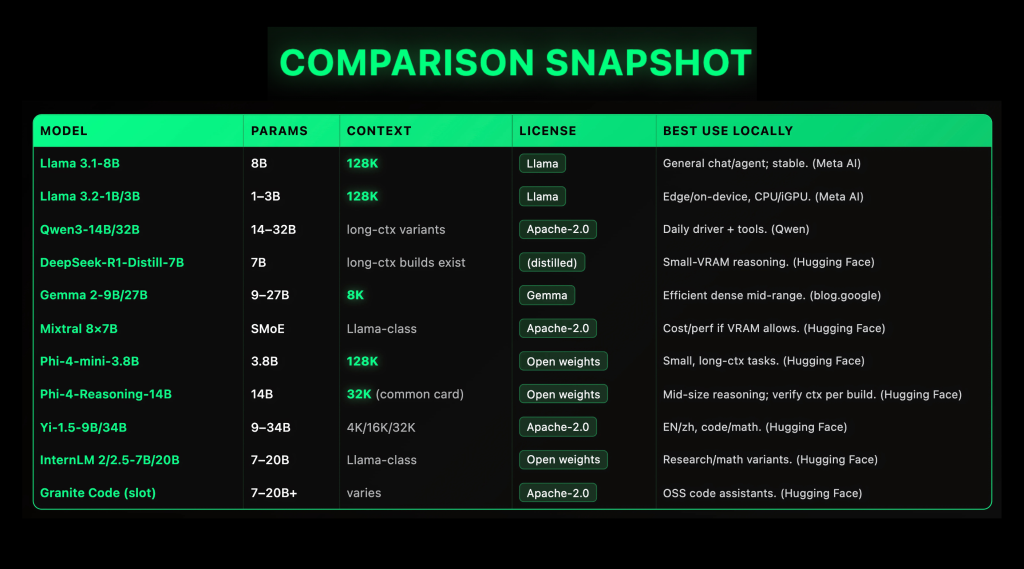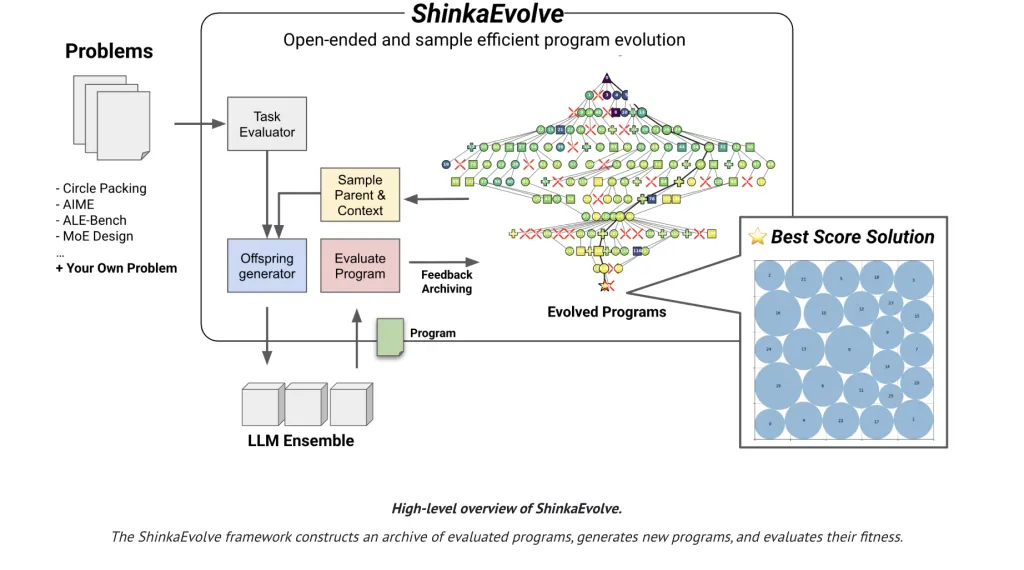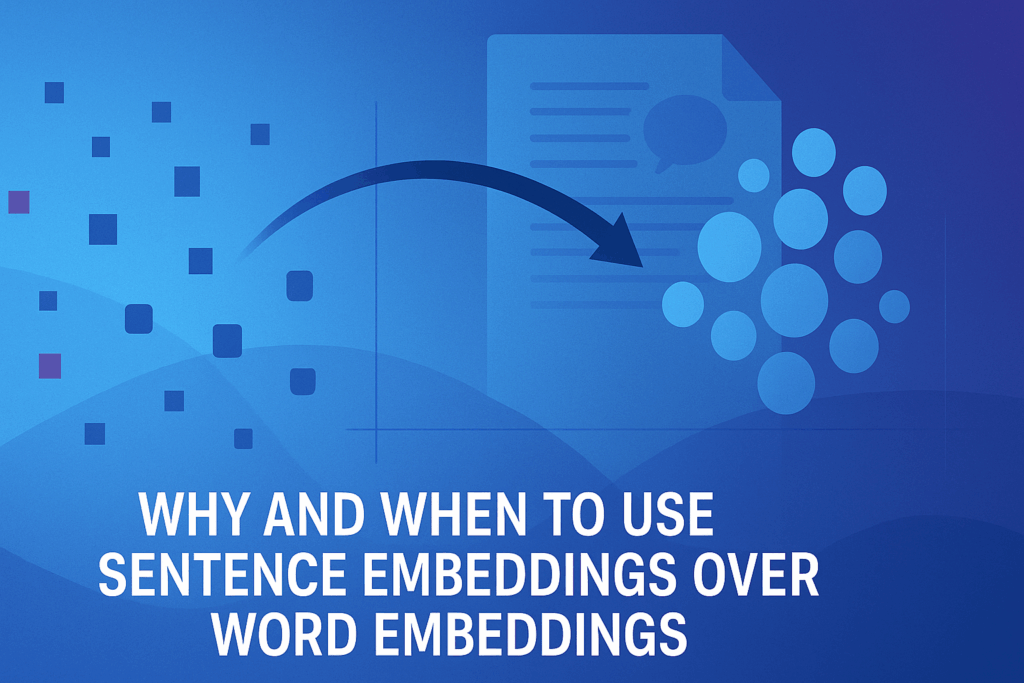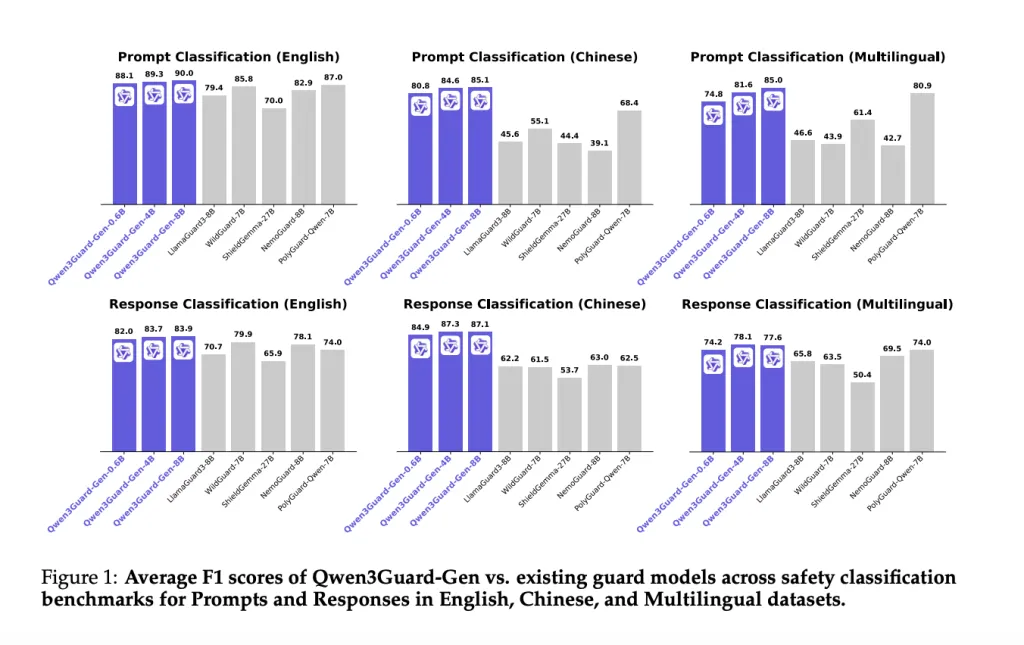Can safety keep up with real-time LLMs? Alibaba’s Qwen team thinks so, and it just shipped Qwen3Guard—a multilingual guardrail model family built to moderate prompts and streaming responses in-real-time. Qwen3Guard comes in two variants: Qwen3Guard-Gen (a generative classifier that reads full prompt/response context) and Qwen3Guard-Stream (a token-level classifier that moderates as text is generated). Both are released in 0.6B, 4B, and 8B parameter sizes and target global deployments with coverage for 119 languages and dialects. The models are open-sourced, with weights on Hugging Face and GitHub Repo. https://github.com/QwenLM/Qwen3Guard What’s new? Streaming moderation head: Stream attaches two lightweight classification heads to the final transformer layer—one monitors the user prompt, the other scores each generated token in real time as Safe / Controversial / Unsafe. This enables policy enforcement while a reply is being produced, instead of post-hoc filtering. Three-tier risk semantics: Beyond binary safe/unsafe labels, a Controversial tier supports adjustable strictness (binary tightening/loosening) across datasets and policies—useful when “borderline” content must be routed or escalated, not simply dropped. Structured outputs for Gen: The generative variant emits a standard header—Safety: …, Categories: …, Refusal: …—that’s trivial to parse for pipelines and RL reward functions. Categories include Violent, Non-violent Illegal Acts, Sexual Content, PII, Suicide & Self-Harm, Unethical Acts, Politically Sensitive Topics, Copyright Violation, Jailbreak. Benchmarks and safety RL The Qwen research team shows state-of-the-art average F1 across English, Chinese, and multilingual safety benchmarks for both prompt and response classification, with data plotted for Qwen3Guard-Gen versus prior open models. While the research team emphasizes relative gains rather than a single composite metric, the consistent lead across settings is the key point. For training downstream assistants, the research team test safety-driven RL using Qwen3Guard-Gen as a reward signal. A Guard-only reward maximizes safety but spikes refusals and slightly dents arena-hard-v2 win rate; a Hybrid reward (penalizing over-refusals, blending quality signals) lifts the WildGuard-measured safety score from ~60 to >97 without degrading reasoning tasks, and even nudges arena-hard-v2 upward. This is a practical recipe for teams that saw prior reward shaping collapse into “refuse-everything” behavior. https://github.com/QwenLM/Qwen3Guard Where it fits? Most open guard models only classify completed outputs. Qwen3Guard’s dual heads + token-time scoring align with production agents that stream responses, enabling early intervention (block, redact, or redirect) with lower latency cost than re-decoding. The Controversial tier also maps cleanly onto enterprise policy knobs (e.g., treat “Controversial” as unsafe in regulated contexts, but allow with review in consumer chat). Summary Qwen3Guard is a practical guardrail stack: open-weights (0.6B/4B/8B), two operating modes (full-context Gen, token-time Stream), tri-level risk labeling, and multilingual coverage (119 languages). For production teams, this is a credible baseline to replace post-hoc filters with real-time moderation and to align assistants with safety rewards while monitoring refusal rates. Check out the Paper, GitHub Page and Full Collection on HF. Feel free to check out our GitHub Page for Tutorials, Codes and Notebooks. Also, feel free to follow us on Twitter and don’t forget to join our 100k+ ML SubReddit and Subscribe to our Newsletter. The post Meet Qwen3Guard: The Qwen3-based Multilingual Safety Guardrail Models Built for Global, Real-Time AI Safety appeared first on MarkTechPost.






